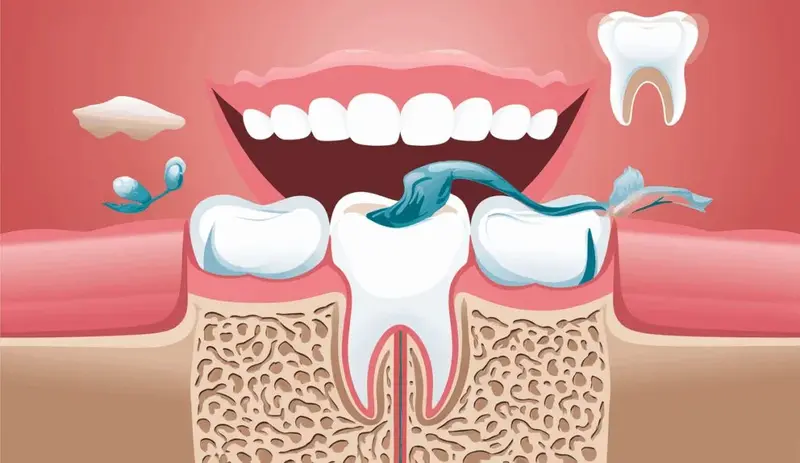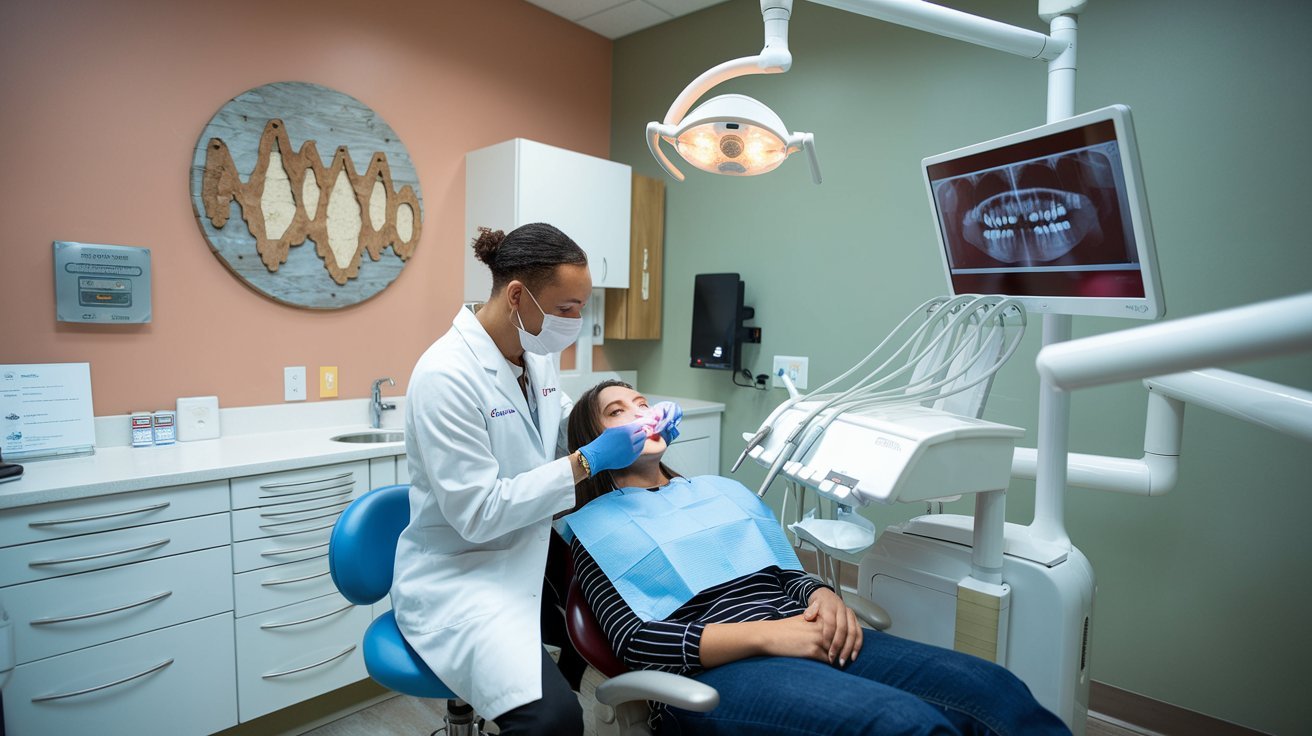![Why Do I Have White Spots On My Teeth [2025 Guide]](https://lifeworksdental.com/wp-content/uploads/2025/01/Why-Do-I-Have-White-Spots-On-My-Teeth.webp)
You’re brushing your teeth, and suddenly, you notice something weird. Those white spots weren’t there yesterday-or were they? They stand out against your tooth’s regular color, and now you’re totally freaking out. Are they a sign of something serious? Will your smile look weird forever? Take a deep breath.
These mysterious white marks happen to way more people than you’d think, and they’re usually not a big deal. The good news? Understanding what causes these spots is half the battle. We’re about to dive deep into the world of tooth mysteries and give you the full rundown on what’s really going on in your mouth.
What Exactly Are These White Spots?
Those enigmatic white spots that sometimes show up on our teeth…Well, let’s talk about them! Most folks don’t have a clue that these little marks can happen for all sorts of reasons.
Sometimes, they’re just a totally normal part of how teeth are formed, like a dental ID. Other times, these white spots are actually trying to communicate something significant about your dental health or even your health in general.
Childhood Causes: How Early Experiences Impact Your Teeth
Recall those moments from childhood when your parents were excessively austere about your consumption of calcium and your need to drink milk? Here’s something that many people are unaware of:
Tooth development occurs long before anyone can remember. What happens during those very early formative years can leave a lasting mark-sometimes in the form of white spots that are seen later in life.
Nostalgia doesn’t begin to cover it-these initial happenings are actually inscribed into the structure of our teeth. Nutritional deficiencies, illness, or even certain drugs during childhood can give us these subtle white patches that serve as a visible emblem of our not-so-distant past.
Dental Hygiene: The Good, the Bad, and the White Spots
Not every white spot signals a problem, but a few absolutely do. Your brushing and eating ways can leave some pretty clear signals on your teeth.
Too much fluoride, a condition called fluorosis, can create white spots that look like tiny chalk-like patches. On the other hand, poor dental hygiene can lead to demineralization, which is not quite as pronounced as a cavity but signals one could be on the horizon.
What does this mean for you? It is about balance. Appropriate brushing, flossing, and frequent dental visits at LifeWorks Dental can help keep those unwelcome white spot mementos from surfacing.
Nutrition and Your Smile: What You Eat Matters
The way you eat affects much more than just your weight. Those white spots could be literally screaming something about what you’re putting into your body. Calcium deficiencies, vitamin imbalances, and even how much sugar you consume can show up as little white marks on your teeth.
You May Like: Is Chewing Gum Good or Bad For Teeth?
Consider your teeth a health dashboard. They keep you informed about your body’s condition. If you’re low on vitamin D, consuming too much sugar, or lacking in certain essential nutrients, your dental health could be the first to signal that something is amiss. White spots are one way your teeth can tell you they’re not, well, toothfully healthy.
When to Worry (and When to Chill Out)
Not every white spot warrants a dental emergency. Some are altogether benign and simply reflect your one-of-a-kind dentition. Still, a few conditions might prompt your dentist to take a closer look:
- Spots that are enlarging
- Spots that go along with teeth that are sensitive or painful
- Several white spots that just showed up in the last couple of days
If you are unsure about something, a brief conversation with your dentist at our convenient location can offer calm reassurance and knowledgeable advice.
Treatment Options: Can You Actually Get Rid of These Spots?
The great thing about today’s dentistry is how incredible it really is. It offers so many beneficial treatments—from professional ones like microabrasion and teeth whitening to at-home alternatives such as specialized toothpastes-that can allow you to rock a flawless smile.
Some of these treatments are capable of accomplishing something miraculous, which is to say: They can make white spots all but disappear. Others, however, are just good preventative measures, meaning they help you avoid white spots in the first place.
Treatments performed by dental professionals may encompass:
- Dental bonding
- Microabrasion
- Teeth whitening
- Cosmetic veneers
The essential part is grasping the basic reason and collaborating with a dental expert to discover the optimum method for your unique condition.
White spots aren’t the end of the world. They’re just your teeth’s way of telling a story—and now you know how to read that story. Whether it’s a quick fix or something that needs professional attention, you’re armed with knowledge and can tackle this head-on.
Understanding your teeth is the first step to a confident smile. These white spots? They’re just a small chapter in your dental health journey.






